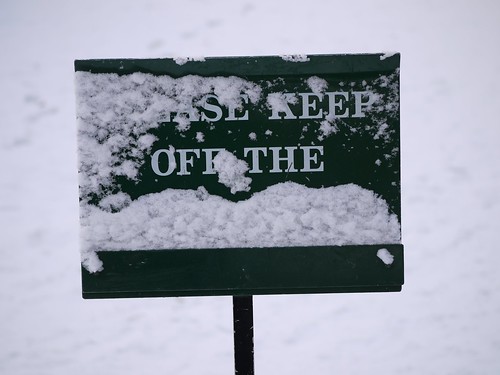TF: What are your thoughts on the big labels. Are they good or bad for the majority of artists?
Jordan: I have to be honest. Big labels that aren’t being innovative are little more than delusional laughing stocks at this point. Their numbers get worse and worse, and they push the artists to do dumber and dumber stunts to try and stay on top of things.
The shows and festivals they book are sponsored by 8 different alcoholic beverages and 10 different energy drinks, and they just punish their customers while validating their own demise. I’m not worried about them and neither should you. Its a dozen senior citizens trying to stop a stampede of fresh culture. Good luck boys.
TF: And what about Apple?
Jordan: Apple, love or hate their products, is fucking scary. On one hand, hats off. They’re business and marketing geniuses. On the other hand, they might single handedly be the worst thing that has happened to entertainment media in the last 3 years. The major record industry collapsing should also mean that artists are more free to do what they want.
For example, iTunes completely screwed up the track listing of my last album Arboreal. Their network is so influential that over half of the people who have bought the CD from my label now have botched track titles on their mp3 players. Apple doesn’t have ANY accessible artist support to deal with things like this.
They reject my cover art if I don’t have my name and the title in bold. If I want to sell a 30 minute long track (Louisiana Mourning, for example), they require me to split it up into a bunch of separate tracks. Their distribution system is so unorganized that artists have to pay business like Tunecore upwards of $40 per album (and annual fees) to do Apple’s job for them.
Again, its genius on the business side. But they’ve wedged themselves in so well that now, if I don’t have an album on iTunes (under their insane rules and lack of support), a large portion of my listeners simply won’t know how to put my music on their iPods/iPhones.
I know I sound preachy, but think about it, how is that any better than what existed 15 years ago? I still maintain that I’d rather have my stuff “illegally” downloaded than have to go down that path.
TF: What advise do you have for artists who consider giving away their music?
Jordan: That being a “consideration” is always funny to me. You either release it knowing it will be distributed for free or you keep it locked up on your hard drive. If the last decade has taught us anything, it is that no amount of bitching, threatening, lobbying, suing, or file protecting is going to stop information from being spread to those who want it.





